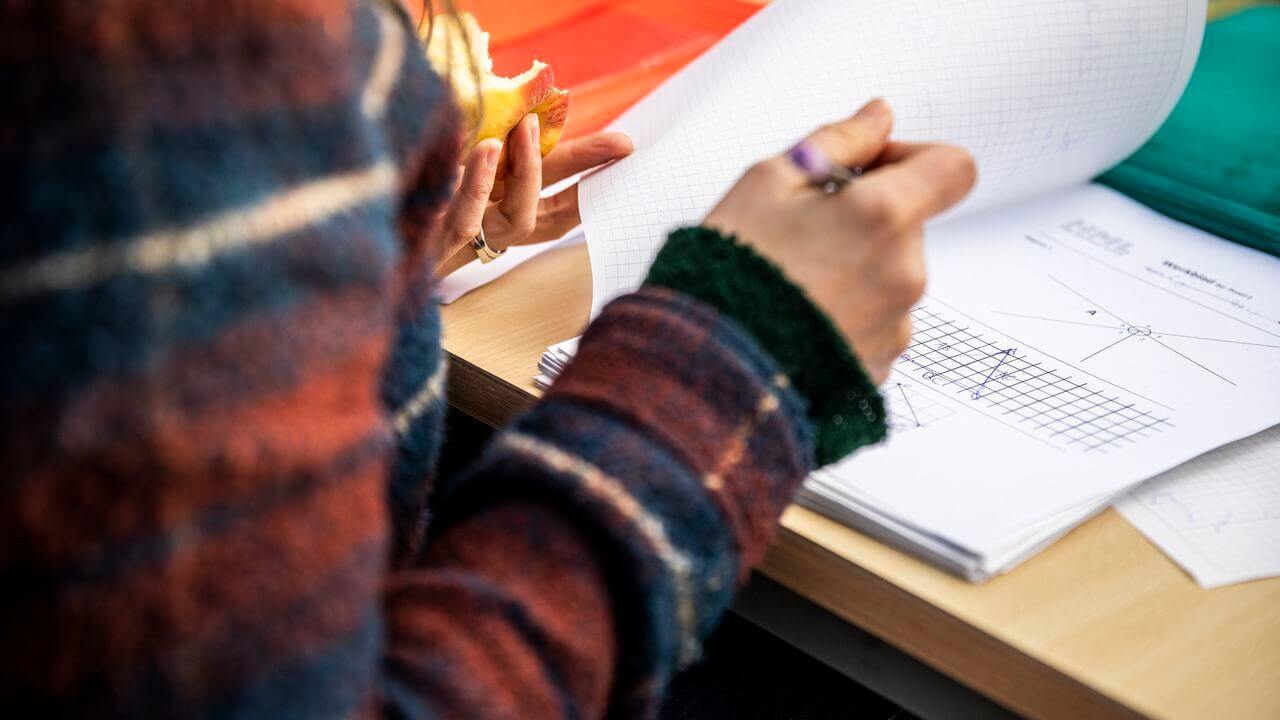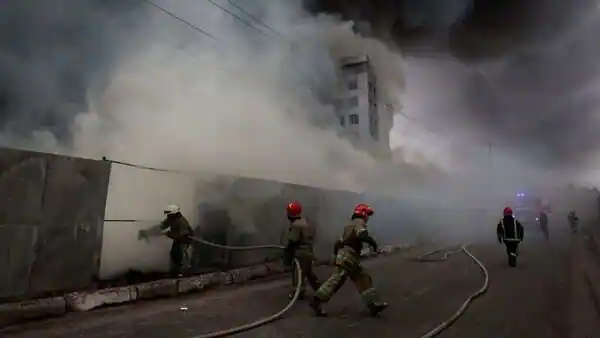From Wednesday 26 January, students of primary, secondary and special (secondary) education will no longer have to be quarantined as standard if they have been in contact with someone who has tested positive for the corona virus.
This also applies to students under the age of 18 in senior secondary vocational education and higher education. This ensures that pupils and students can receive more physical lessons.
Minister Dennis Wiersma (Primary and Secondary Education): ,,The quarantine rules turned out to be dramatic in education. We saw that many classes and teachers had to go home because there were three or more infections within seven days. While it is important that children and young people continue to be taught at school, that is what is best for them. Of course only if it is safe to do so and you have no complaints or a positive test. That is why it remains important to self-test, wear masks in the hallway and provide fresh air and ventilation. We are keeping a close eye on this together with students, parents and schools.”
Rules at school
The following rules remain in force in primary and secondary education:
- Students with a cold or other corona complaints do a self-test. If the test is positive, they go to the GGD test street and stay at home. With a negative self-test you can go to school, but the urgent advice is to do a daily self-test in case of complaints.
2.The quarantine rules for adults apply to educational staff. They do not need to be quarantined if they have tested positive in the past 8 weeks and have no complaints, or have had a booster vaccination more than 1 week ago and have no complaints. If they do have some complaints, but a negative self-test, they can also come to school.

- Schools use walking routes in the corridor, stagger breaks and try to avoid contact between different school classes. Students also come to school by themselves as much as possible.
- Pupils from group 6 in primary school up to and including all classes in secondary school wear face masks in the hallway, as do the teaching staff.
5.For pupils in groups 6, 7 and 8 in primary education, all pupils in secondary education and all teaching staff in schools, the following applies: do a preventive self-test at home twice a week, with the help of parents or other carers if necessary. If the test is positive, the person and the rest of the family will be quarantined and tested in the GGD test street. If the test is negative, the student or teacher can go to school.
6.In addition, the basic measures still apply in the schools. This means: adults keep 1.5 meters away from each other (including teachers where possible), good ventilation is provided, parents do not enter the school building and meetings are online.
The local GGD can always provide additional advice to a school, for example about quarantine in the event of a major outbreak of the coronavirus.
Quarantine rules in senior secondary vocational education and higher education
The quarantine rules are also changing in MBO and higher education. Students under the age of 18 no longer need to be quarantined if they have been in contact with someone who has corona and they have no complaints themselves. There is no distinction here as to whether or not the student has been vaccinated. This is in line with the rules that apply in primary and secondary education, because the booster shot is not given in this age category.
For students aged 18 or older, the adult quarantine rules apply. They do not need to be quarantined if they have tested positive in the past 8 weeks and have no complaints, or have had a booster vaccination more than 1 week ago and have no complaints.
Exception for teachers and tutors
For employees with an essential role in education, or in an exceptional situation, an exception can be made to the quarantine rules, if the employee has no complaints. This is only possible in good consultation between employer and employee and under strict conditions, such as daily self-tests. If the employee still develops complaints, he or she will go home immediately and take a test.














